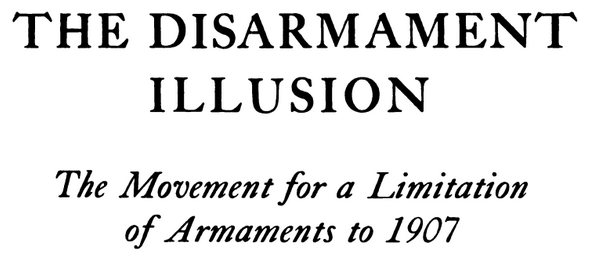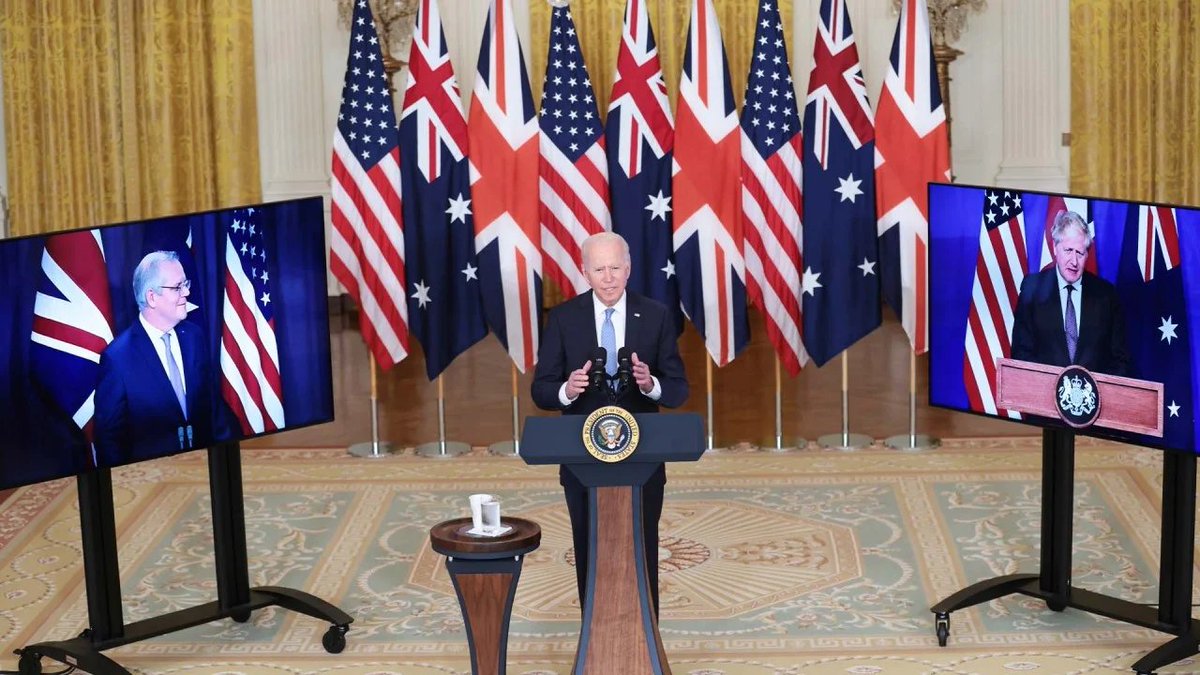
There's growing concern over a potential 🇺🇸-🇨🇳 war. But should we be concerned?
Seems like a good time to ask: Do major powers want hegemony or to simply be left alone?
Time to #KeepRealismReal
[THREAD]
Seems like a good time to ask: Do major powers want hegemony or to simply be left alone?
Time to #KeepRealismReal
[THREAD]
https://twitter.com/BBCWorld/status/1451398625528057860
The above question refers to the debate between "offensive" and "defensive" realism, something I touched on in a previous #KeepRealismReal thread.
https://twitter.com/ProfPaulPoast/status/1429061671000084481
As covered in that previous thread, two forms of realism were first directly contrasted to one another by Jack Snyder
amazon.com/Myths-Empire-D…
amazon.com/Myths-Empire-D…
In both forms of realism, states seek security (and that is their primary aim).
- In defensive realism: all major powers seek security, but not hegemony
- In offensive realism: all major powers seek security through hegemony
- In defensive realism: all major powers seek security, but not hegemony
- In offensive realism: all major powers seek security through hegemony
One can easily see how war occurs according to offensive realism: security seeking states, once they acquire the capability, start wars in an effort to conquer one another.
This is how many viewed the start of World War I
This is how many viewed the start of World War I

But what about in defensive realism?
It's where the word "all" comes in. According to "defensive" realism, some states are aggressive (or at least perceived to be aggressive). As Snyder writes:
It's where the word "all" comes in. According to "defensive" realism, some states are aggressive (or at least perceived to be aggressive). As Snyder writes:

This is why realist find the notion of "revisionist states" to be useful (see Schweller in @Journal_IS)
jstor.org/action/doBasic…
jstor.org/action/doBasic…

The notion of a revisionist state has been around for a long time: it's why Merze Tate thought disarmament was an "illusion" 

For defensive realists, war occurs because the revisionist state, once it has the capability, starts the war to change the "status quo".
This is often used to explain the start of World War II (with a particular focus on Hitler)
This is often used to explain the start of World War II (with a particular focus on Hitler)

For defensive realists, alliances are important: the states will band together to stop the aggressive state...then go back to minding their own business.
See, for example, @stephenWalt (who Snyder cites)...
amazon.com/Origins-Allian…
See, for example, @stephenWalt (who Snyder cites)...
amazon.com/Origins-Allian…
So which view of realism is right? Both? Neither? One sometimes and the other other times? 🤔
That is why I find it help to consider two relatively recent papers that seek to formally tease out the logic of offensive realism relative to defensive realism.
That is why I find it help to consider two relatively recent papers that seek to formally tease out the logic of offensive realism relative to defensive realism.
The second paper is a recent paper by James Fearon in @IntOrgJournal (a paper I brought up before in a #KeepRealismReal thread)
cambridge.org/core/journals/…
cambridge.org/core/journals/…
Both papers use Game Theory to tease out the logic of defensive and offensive realism.
amazon.com/Games-Strategy…
amazon.com/Games-Strategy…
Working through the math in both papers is useful but not necessary to gain the essential ideas of both papers: namely, whether offensive realism or defensive realism better explains international politics?
Both papers build from two important papers published in @WorldPol_Journal: the model put forward by @AHKydd in ...
cambridge.org/core/journals/…
cambridge.org/core/journals/…
What do the papers find? That's where things get interesting:
- Acharya and Ramsay find that, under some reasonable conditions, offensive realism is a logically sound description of state behavior.
- Acharya and Ramsay find that, under some reasonable conditions, offensive realism is a logically sound description of state behavior.

Why the difference?
It really comes down to interpretation. Note that Fearon says offensive realism "does not follow". That's true, but it's not clear that it CAN not follow.
It really comes down to interpretation. Note that Fearon says offensive realism "does not follow". That's true, but it's not clear that it CAN not follow.
Essentially, the difference in the papers is the respective author's understanding of offensive realism.
As seen above, Fearon uses a maximal definition: anarchy leads states to attack (i.e. expansionist)
But A&R use a minimal definition: anarchy means cooperation among security seeking states is unlikely.
But A&R use a minimal definition: anarchy means cooperation among security seeking states is unlikely.

Seems to me that both can be right: major powers are not likely to cooperate on security affairs (realists are not optimists) but major powers also aren't seeking hegemony by force (realists are not sadistic)
So perhaps offensive realists overstate the "Tragedy" in the international system, while defensive realists overstate the incentives of states to band together.
In sum, it seems that rivalry, but not war, between 🇺🇸&🇨🇳 is "inevitable"
[END]
[END]
https://twitter.com/ForeignAffairs/status/1450556298777464845
• • •
Missing some Tweet in this thread? You can try to
force a refresh














